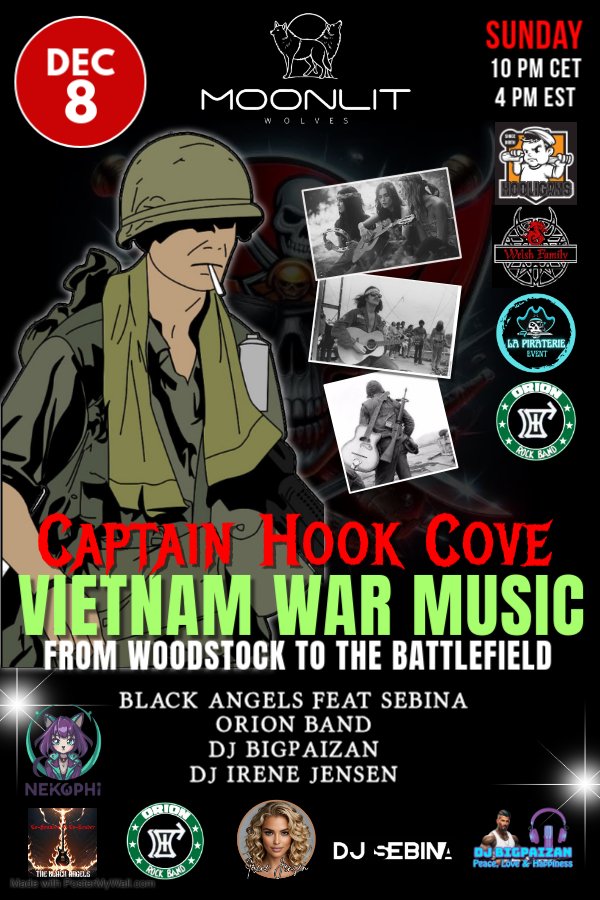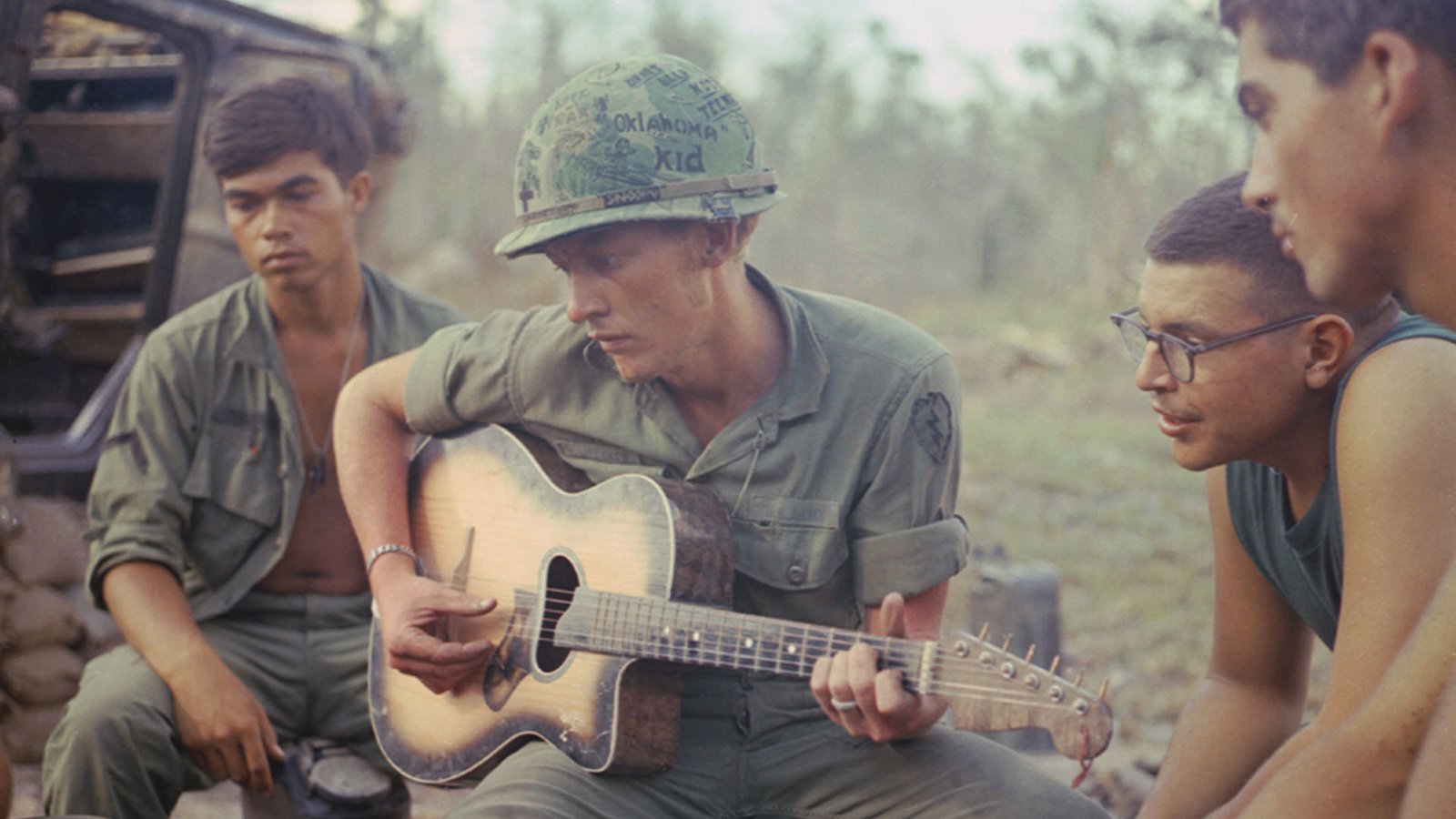The Music of the Vietnam Era
A Journey Through ’60s and ’70s Rock
Today we want to explore a genre of music that defined one of the most turbulent periods in American history: the Vietnam War era. Rock music of the ’60s and ’70s was not just entertainment; it was a form of protest, expression, and reflection on the social and political context of the time.
The Vietnam War era saw the emergence of a sound that blended psychedelic rock, folk, blues, and hard rock. Young Americans, emotionally and politically involved in the war in Vietnam, found themselves in a collective struggle not only against the war but also against societal institutions and inequalities. Songs became tools of resistance and change, often heard as manifestos of defiance or introspection.
Psychedelic Rock and Social Protest
Psychedelic rock, in particular, emerged as one of the dominant genres of the ’60s. Artists like Jimi Hendrix, Jefferson Airplane, and The Doors explored psychedelic sounds, with lyrics reflecting the confusion and disillusionment of American youth in the face of the war and society. Songs like White Rabbit by Jefferson Airplane and Purple Haze by Hendrix were not just sound experiments but implicit critiques of the political and cultural reality of the time.
Folk Rock as a Voice of Protest
Folk rock, with figures like Bob Dylan and Joan Baez, was also a powerful vehicle for protest. Bob Dylan, with songs like Blowin’ in the Wind and The Times They Are a-Changin’, defined the soundtrack of the anti-war movement and the civil rights struggle. His words not only described the fight against the Vietnam War but also reflected a deeper desire for change in American society.
Hard Rock and Rebellion
In the ’70s, rock evolved further into harder sounds with the rise of hard rock and proto-punk. Bands like The Who, Led Zeppelin, and later, Black Sabbath, brought a powerful sound that merged with themes of rebellion and disillusionment. The Vietnam War marked a shift in the attitude of the youth, and music reflected that sense of struggle, resistance, and the search for an escape.
Iconic Songs
Songs like Fortunate Son by Creedence Clearwater Revival, Give Peace a Chance by John Lennon, and For What It’s Worth by Buffalo Springfield became anthems of protest against the Vietnam War. These tracks not only spoke about the war but also expressed the discomfort of a generation living through a conflict that seemed endless.
Conclusion
The rock music of the Vietnam era was a soundtrack of change, struggle, and hope. It wasn’t just entertainment—it also provoked reflection and discussion on crucial issues such as war, civil rights, and freedom. Each song told a story of resistance against the establishment, disillusionment, and the dream of a better future. As DJs, your role today is to continue this legacy, keeping alive the emotional and political vibrations of a period that marked the musical and social history of the United States.
By Sebina


Thank you for such a thought-provoking and well-articulated piece. I genuinely learned a lot, and it expanded my understanding of the topic in ways I hadn’t considered before.
The 50s and 60s Drive in Theater I do on Mondays. I often play Vietnam War era music. My dad was a Veteran so playing that music is a tribute to him.